(May 18, 2023) From a humble classroom in New Delhi to the prestigious podiums of international archery, Abhishek Verma’s journey is an inspiring saga of relentless dedication and stellar achievements. A towering figure in Indian compound archery, the Arjuna awardee’s legacy includes over 150 national and international medals, including multiple World Cup golds. Get a glimpse into the determined, driven life of the ace Indian archer, who ranks 10th in the world and 1 in Asia and India.
Abhishek Verma’s day begins at the crack of dawn. Even after two decades of being a professional archer, Abhishek lives by one rule: Victory loves preparation. “Practice is the key in any tournament, I practice eight to ten hours every day without fail,” the ace archer says, speaking exclusively to Global Indian. “I do some physical activity between 6 am and 7 am and then have a practice session till 11 am,” he explains. At 3 pm, he begins his second session – that continues till 7 pm, after which he usually heads to the gym.These intense practice sessions have always been a way of life. “I followed the same routine in my early days and stick to it even now, even after becoming the father of two children,” smiles the compound archer.
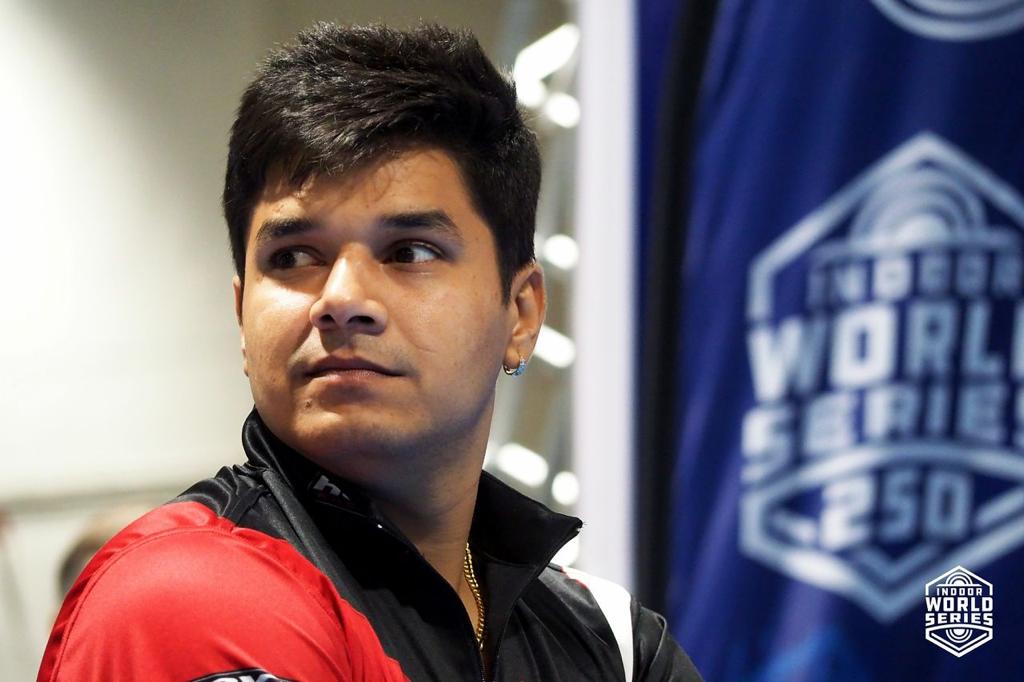
Indian archer Abhishek Verma
Victory loves preparation
That dedication has always stood him in good stead. At the 2014 Asian Games held in South Korea, just as Abhishek was all set to aim and shoot, strong winds began to play a spoilsport. He stayed calm maintained his focus and leaned into his training, recalling everything that he had learned about encountering harsh weather conditions. Abhishek brought home the gold in the men’s compound archery team and silver in the men’s individual compound event.
“All professional archers encounter strong winds and rainfall during tournaments. Don’t bother about winning a medal, just go out there and perform well. The medals will follow,”Abhishek smiles. Also in 2014, Later that year, he won the Arjuna Award, becoming the first archer in the compound category to receive the top sporting honour. “Arjuna is a dream for any sportsman. It was a huge moment in my career,” he says.
At the time of this interview, the World Cup gold medallist had just returned from Tashkent, where he led a 16-member contingent of archers for the Asia Cup 2023. The team returned home in triumph, with a total of 14 medals in the compound and recurve events. His current world ranking is No. 10 while his Asia rank and India rank stand at No 1. “Archery demands focus and consistency, which comes with a lot of dedication.
Transformed by his game
Archery, Abhishek believes, changes one’s personality for the better. “It makes you calm and focussed,” he says. For him, he is his own competition. “I don’t see other people as my competitors. I am my own competitor,” remarks Abhishek, who is also an Income Tax officer in Delhi. Hundreds come to play a tournament but only three win medals,” says the archer, who is presently training for the Asian Games to be held in China in October this year.
In August 2015, he won a gold medal in the compound men’s individual section at the Archery World Cup Stage 3 in Wroclaw, Poland. In October the same year, he won the silver medal in the compound men’s individual section at the Archery World Cup Final in Mexico City.
Last year, Abhishek teamed with fellow archer Jyothi Surekha Vennam and won gold medal in compound mixed team event in Archery World Cup held at Paris, France. Similarly, in November 2021, he won the bronze medal in the men’s compound archery team at the 22nd Asian Archery Championship in Dhaka, Bangladesh.
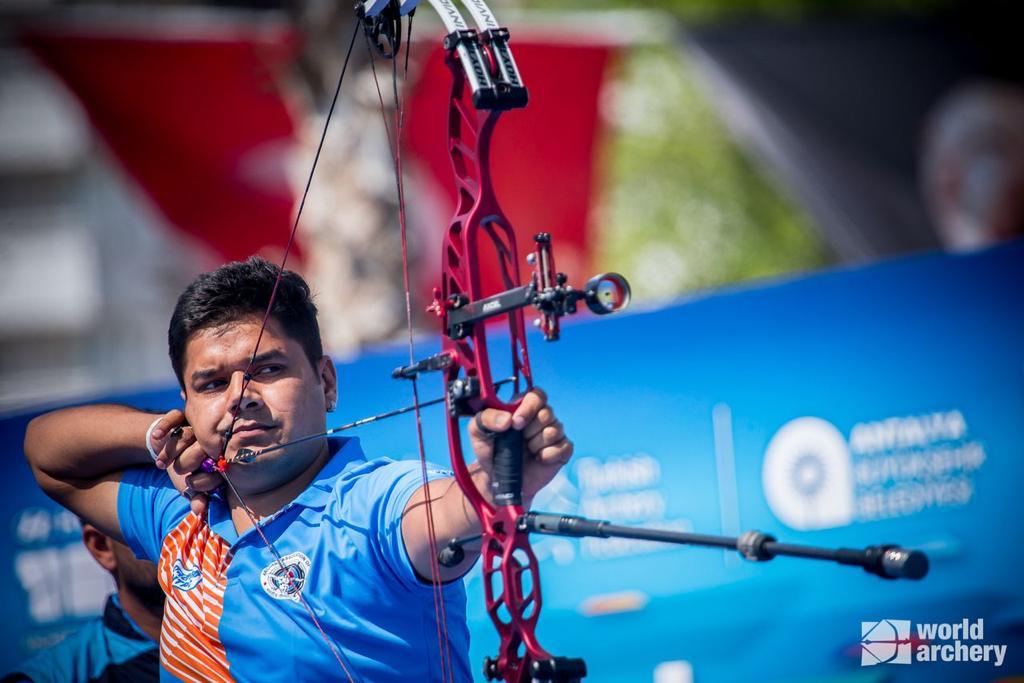
Early life
Born in New Delhi in June 1989, Abhishek was in class eight, a student of Government School in Model Town, when he decided to take up some sporting activity. So, one morning, he walked up to his PT teacher and sought his advice on which sport he should take up. “Join archery,” his teacher casually told Abhishek.
Some days later, when he held a simple wooden bow and shot an arrow for the first time in his life, Abhishek felt an instant connection with the sport. So much so that he gave his 100 per cent to archery and it gave him everything one can aspire for in life.
In those initial years, Abhishek would practice at the Delhi university ground, from where he started playing sub-juniors and nationals. By 2005, he became a national champion. “I was an average student academically, so my parents were happy that I was doing so well in archery,” he recalls.
Going pro and paying it forward
By 2006, he started practicing at the Sports Authority of India (SAI) stadium and went on to play several national tournaments. “My real journey started from the year 2011 as I began participating in world championships. I worked very hard for the compound model, which was new in India. I took the help of some of my coaches and the internet to get it right. I pushed myself harder,” says Abhishek, who represented India in five Asian championships held across the globe and won 12 medals.
Presently, he practices at National Centre of Excellence (NCOE), Sonepat or at Yamuna Sports Complex, Delhi. Archery is an expensive and technical game, he says. “To participate in the international events, we need imported bows which cost 3 lakh upwards, which not everyone can afford,” he says, adding that the government, the Sports Authority of India (SAI) in particular, is doing its bit to help out the talented sportspersons.
Abhishek also plans to do his bit for archery. “I want to open an academy and train young players to become successful archers. I have the capability and knowledge about the sport which I want to pass on to my juniors and help them in every possible way,” says Abhishek, who has travelled the world for his tournaments.
Leisure time
Ten hours of archery practice daily and taking care of his family don’t leave Abhishek with much time to pursue a hobby. “Whatever time I get after or in between my practice, I make it a point to spend it with family. This leaves me no time for anything else,” says the ace Indian archer.
He however likes to watch OTT and indulges in it in between long flights. “There is so much of travelling to do for world tournaments and that gives me some time for myself,” he smiles.
- Follow Abhishek Verma on Instagram.

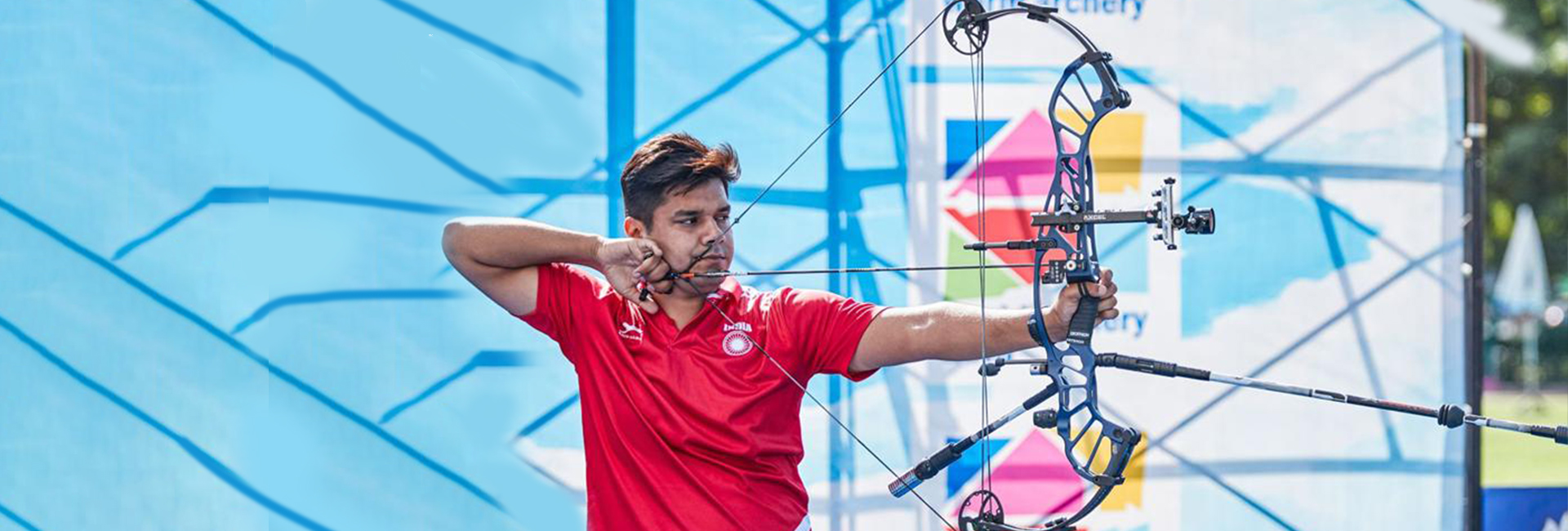
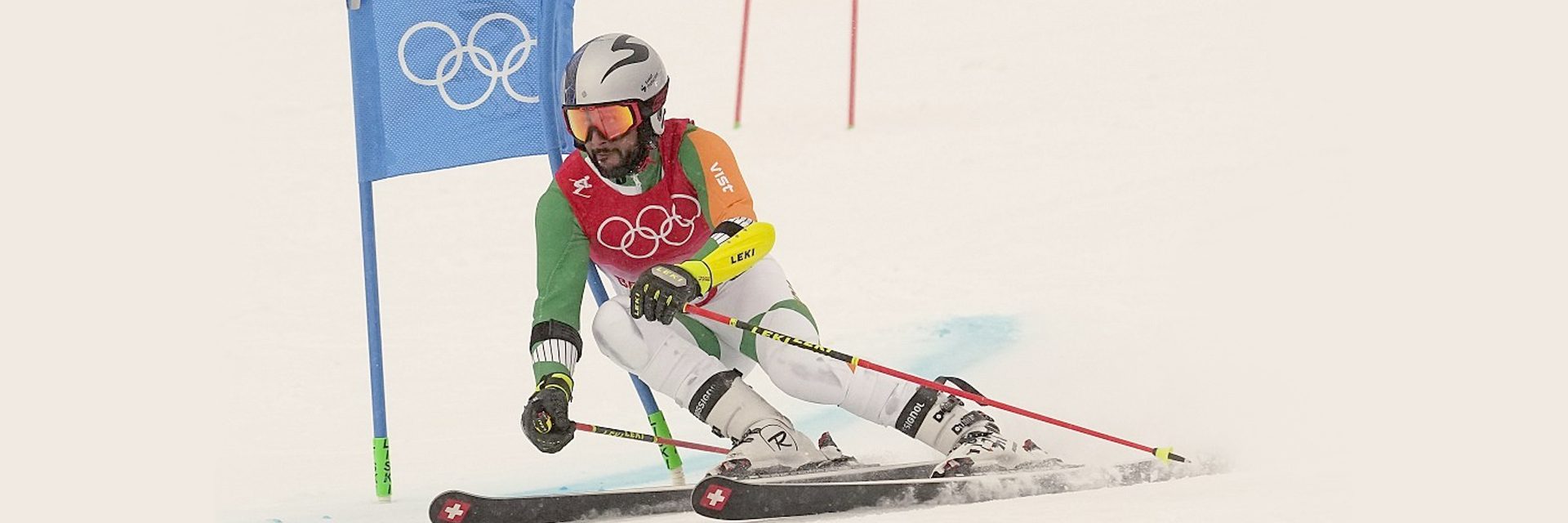
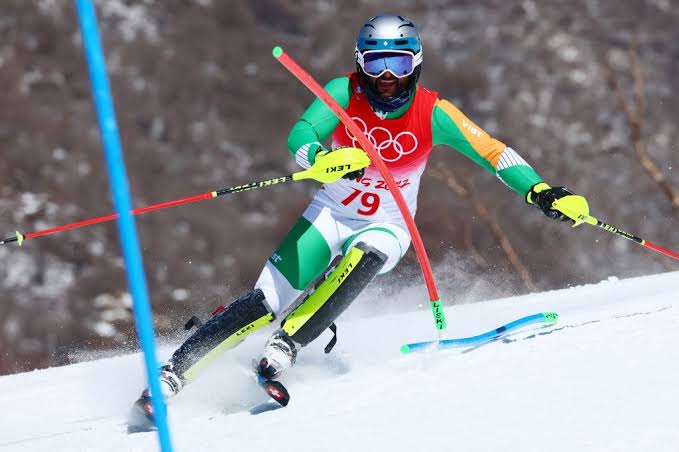
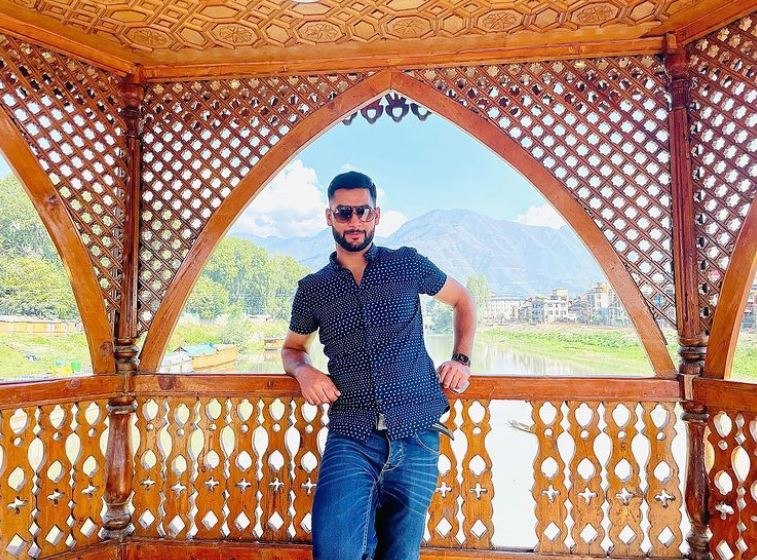

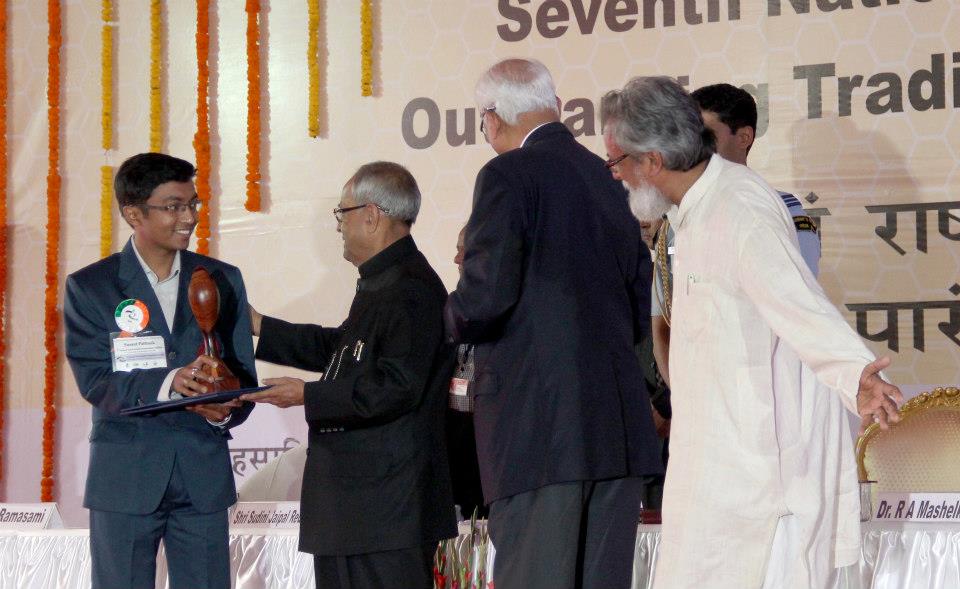 Sushant Pattnaik receiving award from former President of India, late Dr Pranab Mukherjee[/caption]
Sushant Pattnaik receiving award from former President of India, late Dr Pranab Mukherjee[/caption]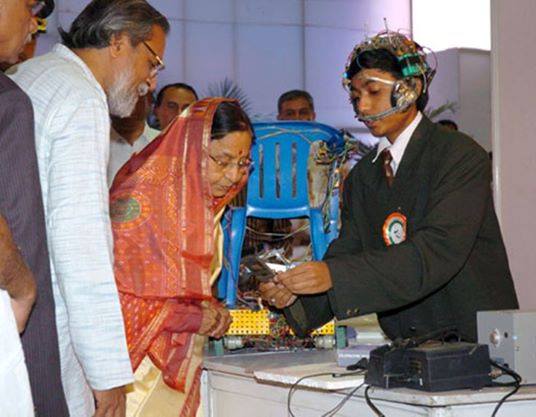 Sushant Pattnaik displaying his innovation to former President of India, Smt Pratibha Patil[/caption]
Sushant Pattnaik displaying his innovation to former President of India, Smt Pratibha Patil[/caption]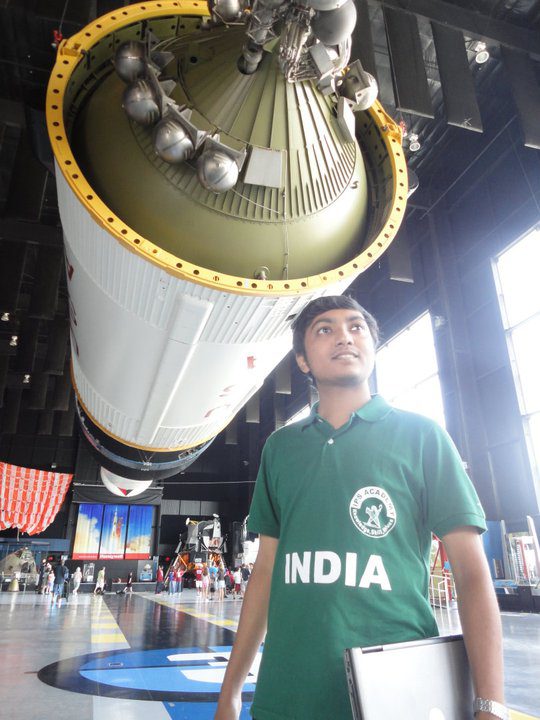 Sushant Pattnaik near NASA's space rocket shuttle in USA[/caption]
Sushant Pattnaik near NASA's space rocket shuttle in USA[/caption]
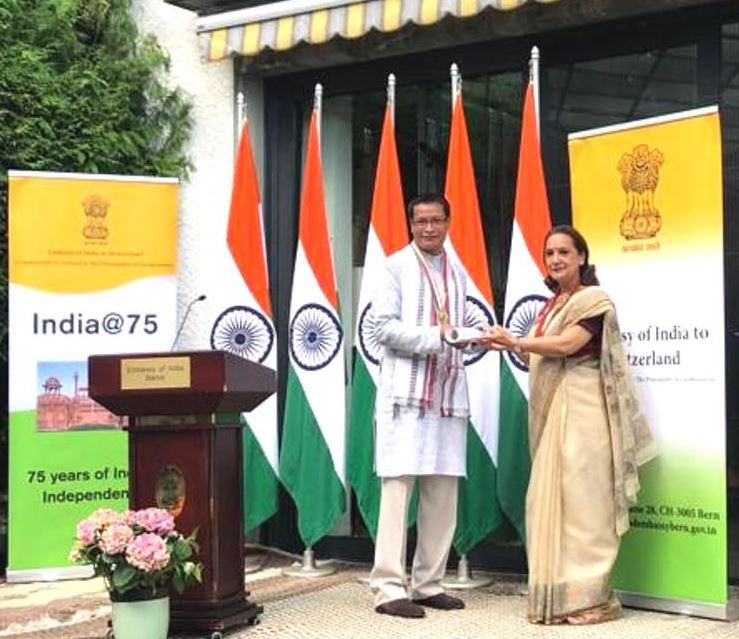 Dr Shachi receiving Pravasi Bharatiya Samman by the Indian Embassy in Bern, Switzerland. He was felicitated by Ambassador Monika Kapil Mohta[/caption]
Dr Shachi receiving Pravasi Bharatiya Samman by the Indian Embassy in Bern, Switzerland. He was felicitated by Ambassador Monika Kapil Mohta[/caption]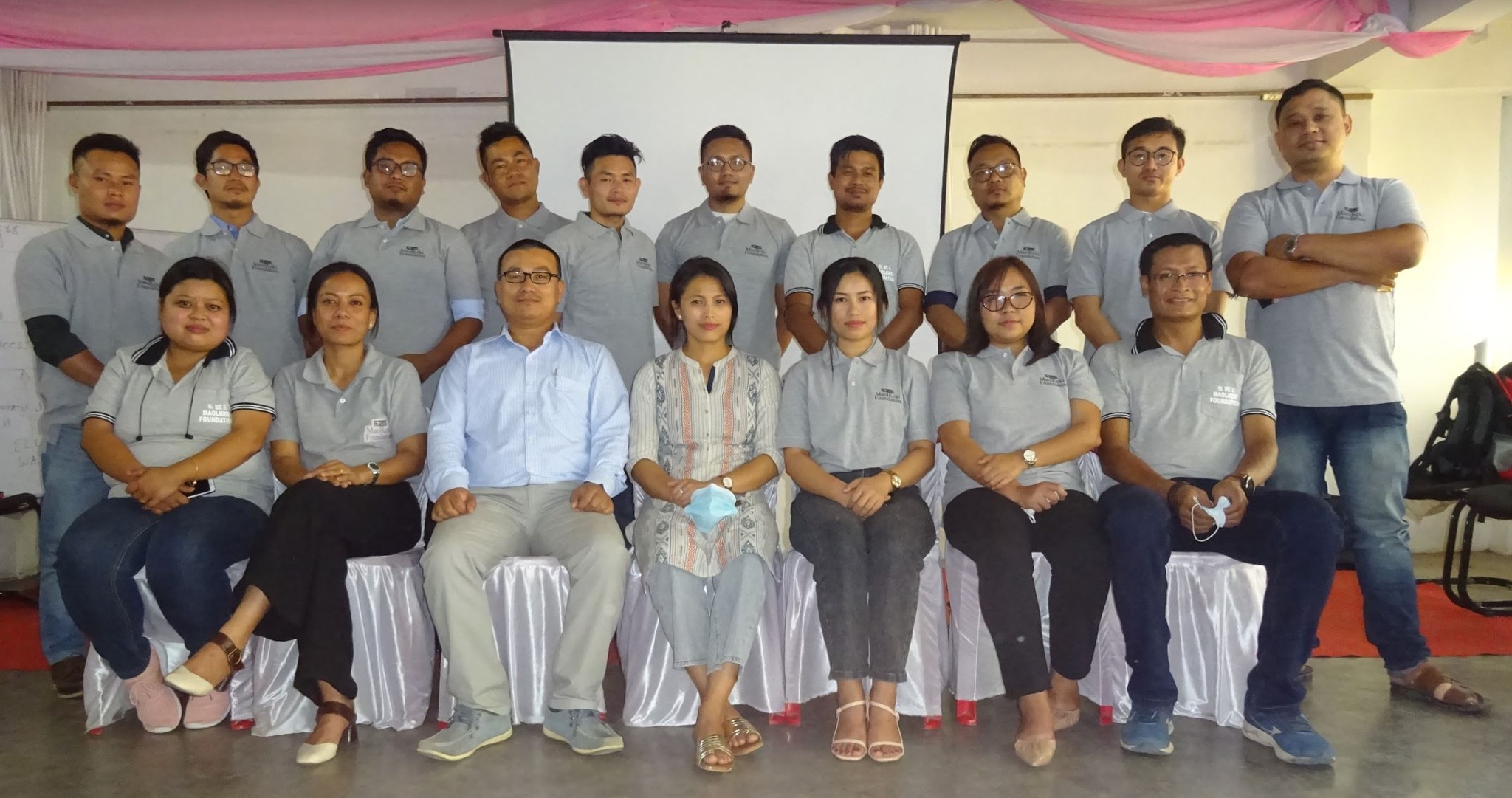 The Maolkeki Foundation team[/caption]
The Maolkeki Foundation team[/caption]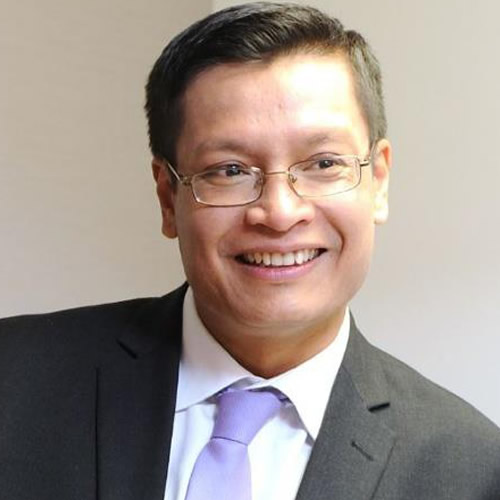
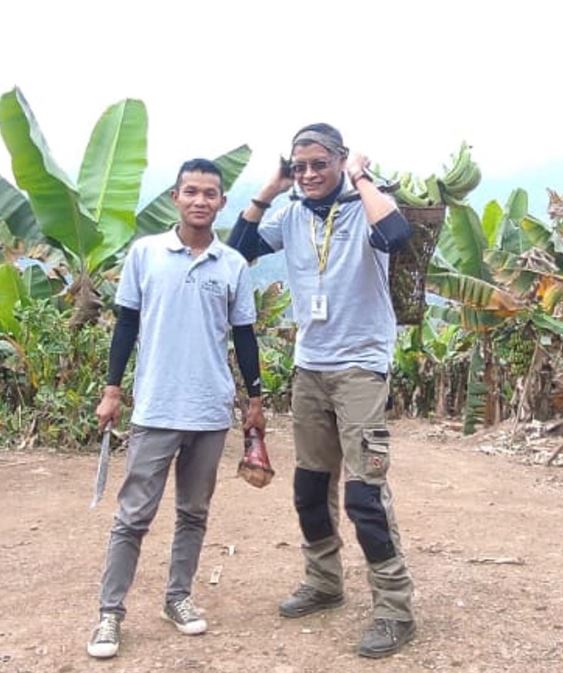 For Shachi, it was a moment to learn what farmers experience in carrying a 'sam' around![/caption]
For Shachi, it was a moment to learn what farmers experience in carrying a 'sam' around![/caption]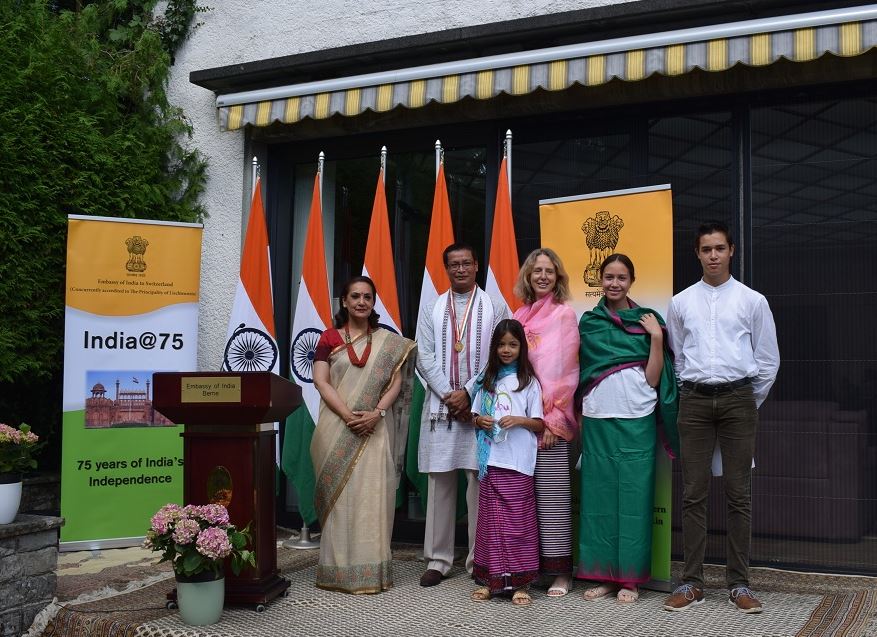 Shachi Gurumayum with his family during the Pravasi Bharatiya Samman ceremony at the Indian Embassy in Bern, Switzerland[/caption]
Shachi Gurumayum with his family during the Pravasi Bharatiya Samman ceremony at the Indian Embassy in Bern, Switzerland[/caption]

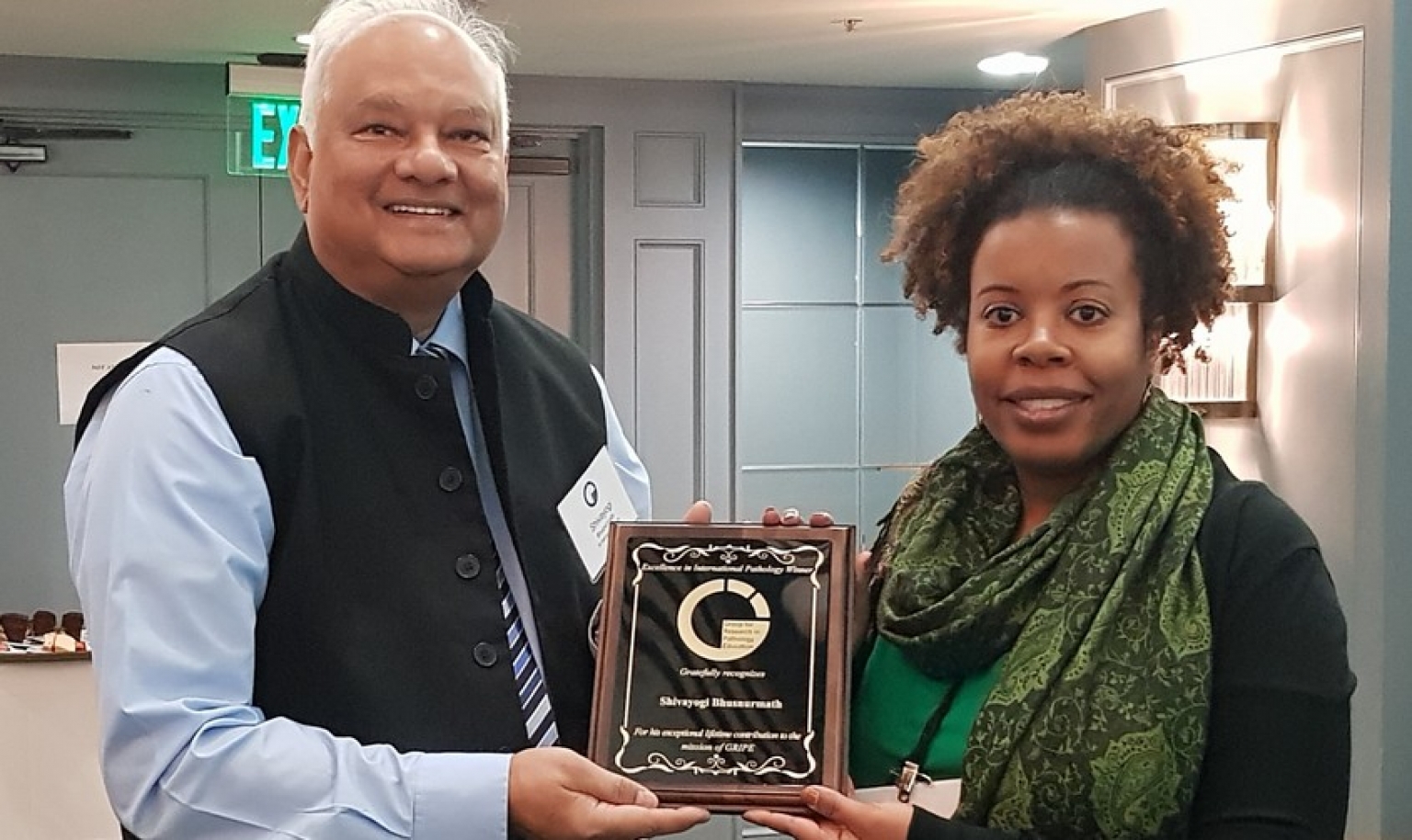 Dr. Shivayogi Bhusnurmath receiving the “Excellence in International Pathology Education Award” from Group for Research in Pathology Education (GRIPE)[/caption]
Dr. Shivayogi Bhusnurmath receiving the “Excellence in International Pathology Education Award” from Group for Research in Pathology Education (GRIPE)[/caption]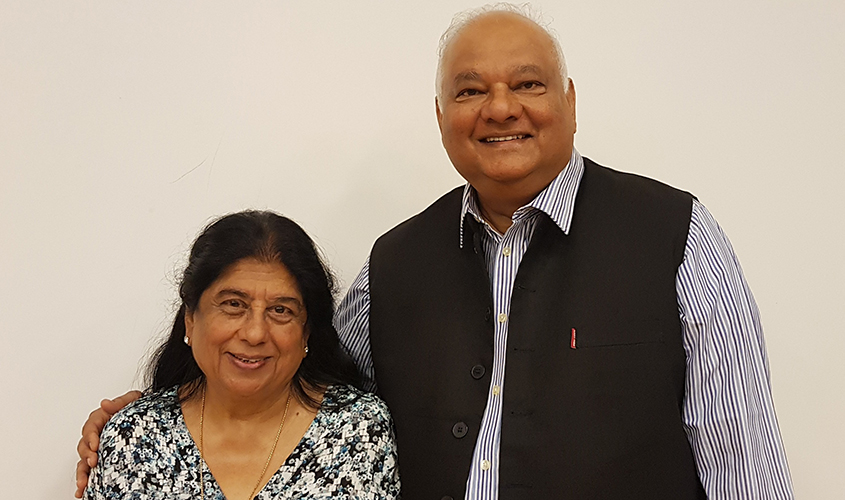 Drs. Bharti Bhusnurmath (left) and Shivayogi Bhusnurmath[/caption]
Drs. Bharti Bhusnurmath (left) and Shivayogi Bhusnurmath[/caption]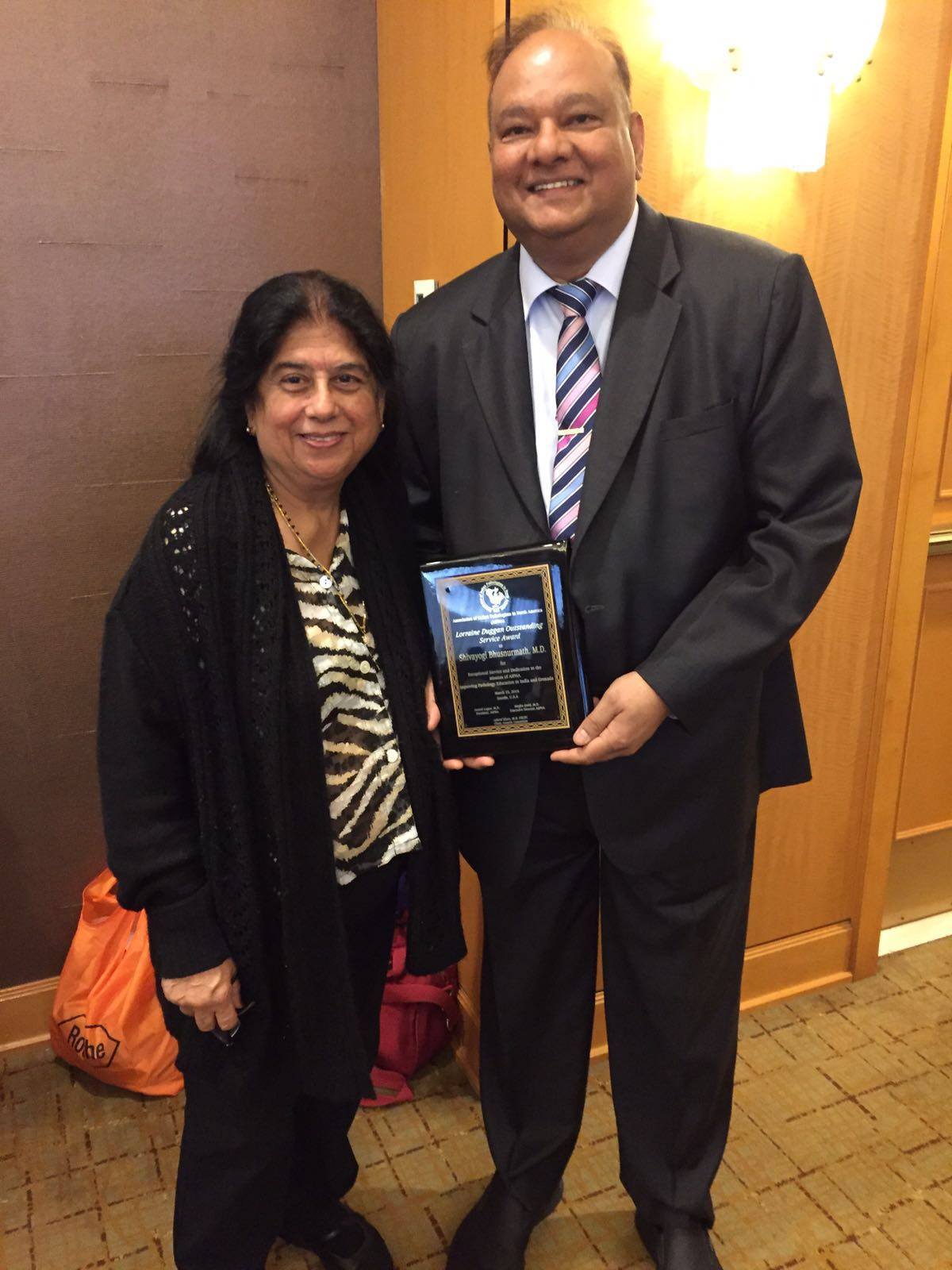
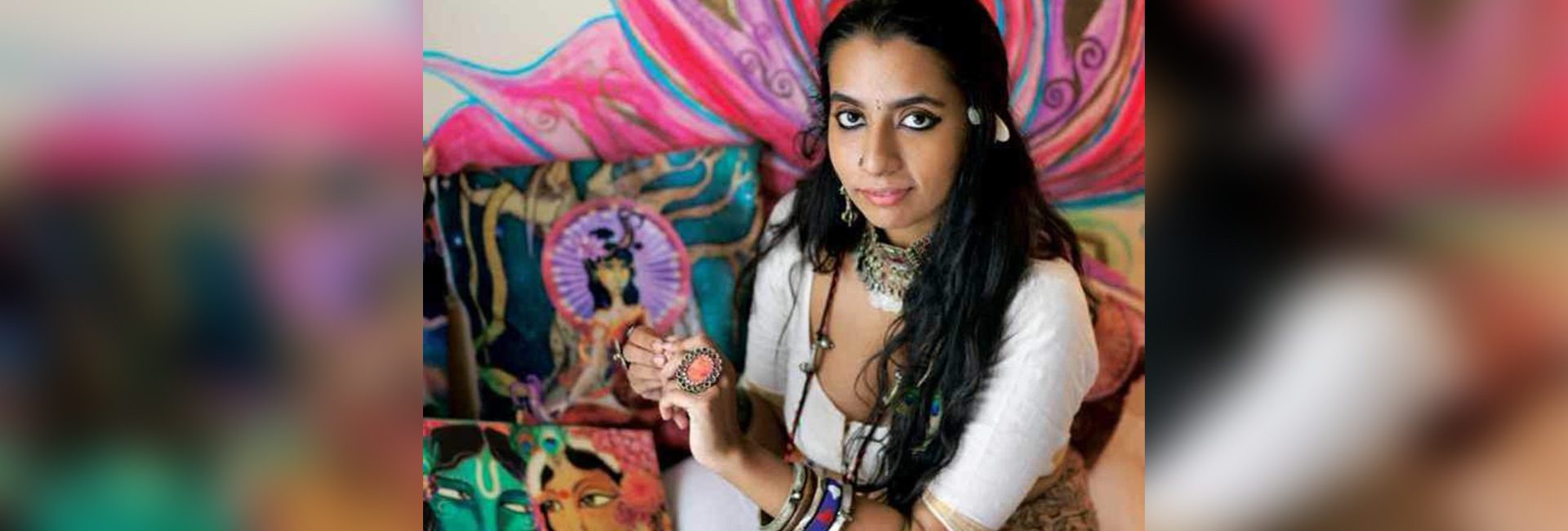
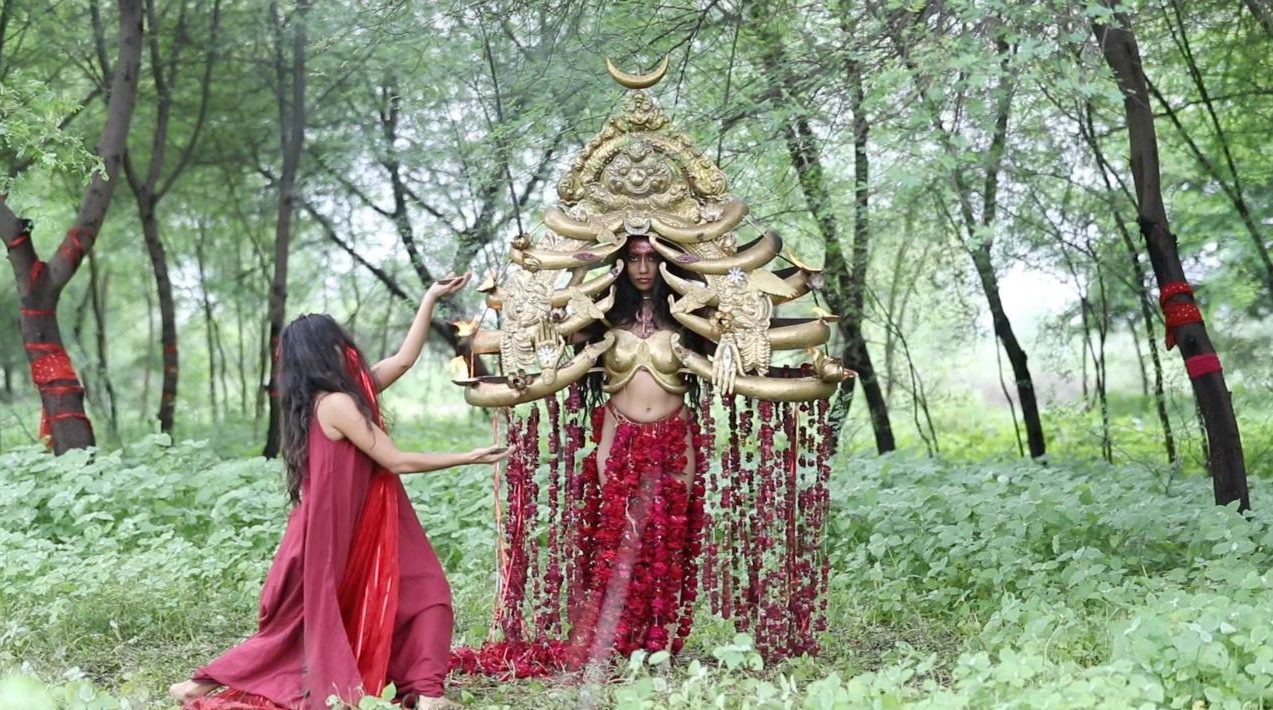 Temple, by Shilo Shiv Suleman. Photo:
Temple, by Shilo Shiv Suleman. Photo: 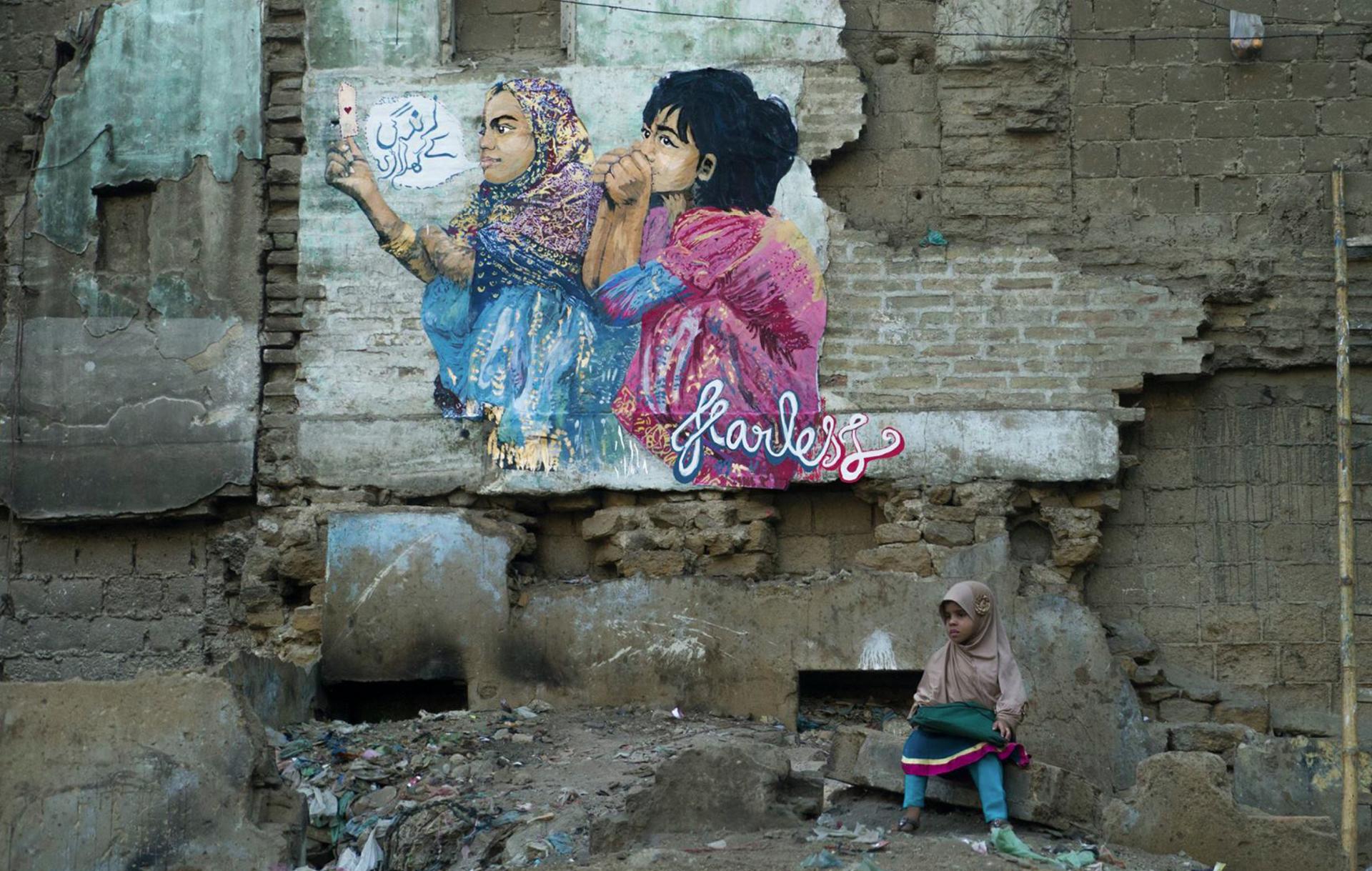 The Fearless Collective in Karachi. Photo:
The Fearless Collective in Karachi. Photo: 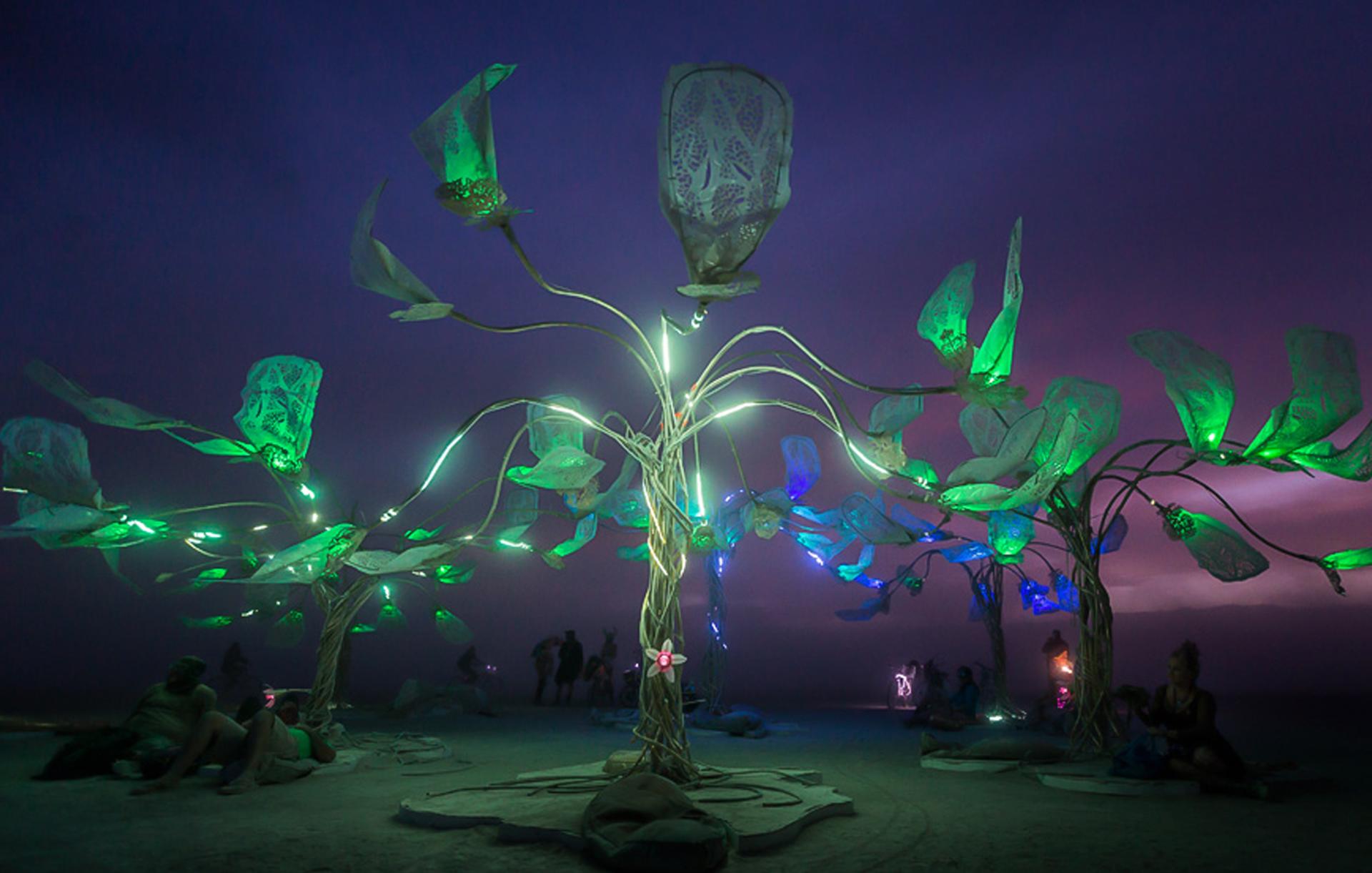 Grove, from Burning Man 2016, at Black Rock Desert, Nevada. Photo:
Grove, from Burning Man 2016, at Black Rock Desert, Nevada. Photo: